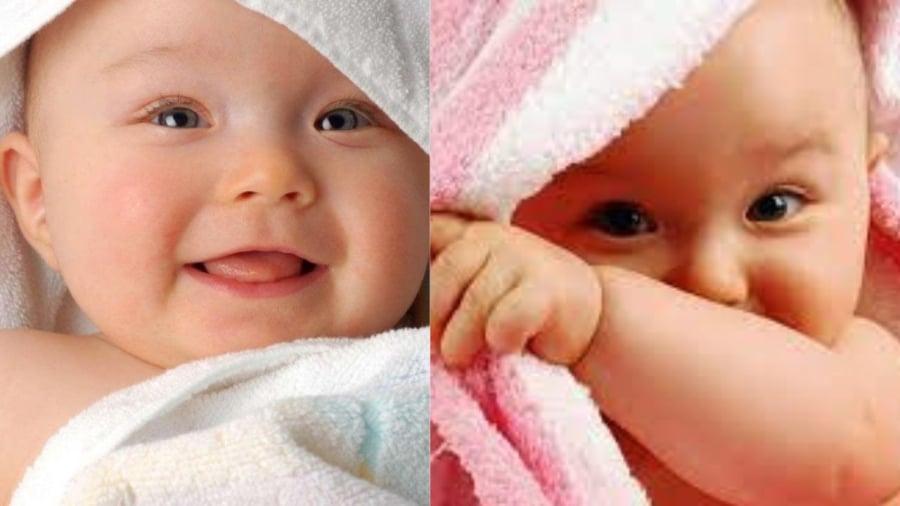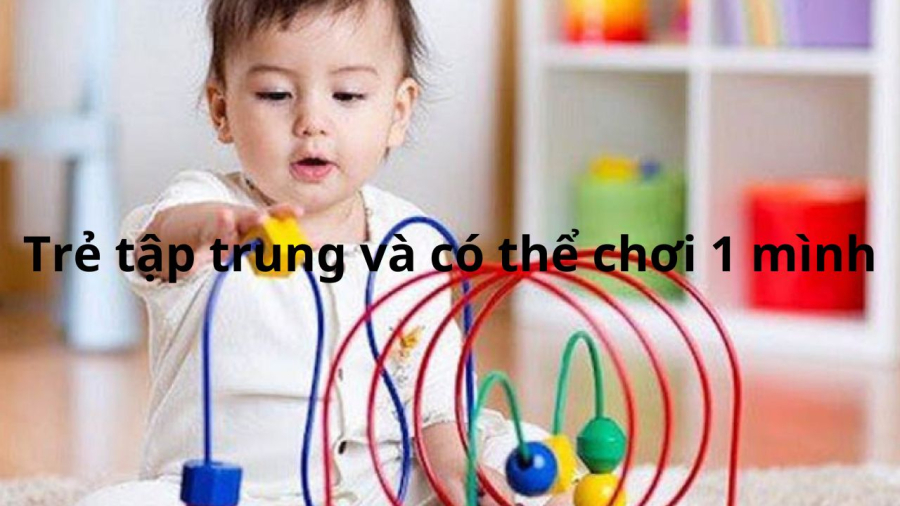Smart babies often show outstanding signs from a young age. Parents should observe to encourage their children’s development:
Early communication and language development
Children can start babbling at around 12 months old. From 18-36 months, children develop rapidly in terms of language. Babies who start talking and forming complete sentences early are often intelligent babies with developed brains. Language development helps children integrate into society and communicate effectively from an early age, making it easier for them to grasp things.

Expressing diverse emotions
Emotional intelligence is great. Nowadays, EQ (emotional intelligence quotient) is highly valued. Babies who express diverse emotions are often happy and humorous, showing emotions early and having diverse styles. So don’t impose a certain mold on your child in order for them to develop better.
Quick reactions
Children spend most of their time observing the environment around them. A smart baby will communicate with eye contact or respond quickly when someone familiar talks to them. This is a sign that your child is developing and is very quick-witted.
Early motor development
Some babies develop early in terms of motor skills, for example, they start rolling over at 1 month or standing at 7 months. This shows that the child has reached developmental milestones early. However, this development should be natural and not something that parents force or rigorously train their children to achieve, as some people propagate on the internet.
Enjoys being alone
Enjoying being alone at certain times is different from avoiding contact with others. These are two different states. Avoiding contact may increase the risk of autism, while a smart baby is able to play by themselves at times. For example, when waking up and not seeing their parents, they won’t cry immediately but observe. Or when playing, if the parents are busy handing the baby a toy and telling them to play alone for a while, the baby can accept that and not cling to their parents all the time. This means the baby knows how to manage emotions well and is independent. Such children are more proactive in life and have mature sensibilities.

High concentration
Most children are easily distracted by light, noise, etc. But if your baby can focus on a specific goal, they are a smart baby. For example, when playing with toys, smart babies often concentrate fully to organize and almost have a “meditative” state with their own activities. This is an excellent quality for future success. High concentration will enhance the creativity of the brain.
Mothers’ Need for Awareness of Dual Activity of Breastfeeding and Watching TV
In the contemporary world, in which technology pervades our lives, some mothers tend to soothe their babies through nursing while simultaneously watching television. Although this practice may not appear to affect the infant, studies show that it can in fact have dire repercussions on the baby’s well-being, both in terms of physical health and mental growth. In this article, we will look at the possible reasons for this activity and its potential outcomes.
Experienced teacher notices that children with these two characteristics are often intelligent and top of the class, does your child have them?
According to ancient wisdom, it was believed that the personality traits of an individual can be predicted by observing them at the age of 3. Similarly, experienced preschool teachers often claim that children who possess these two qualities tend to excel in their academic pursuits when they grow up.





































